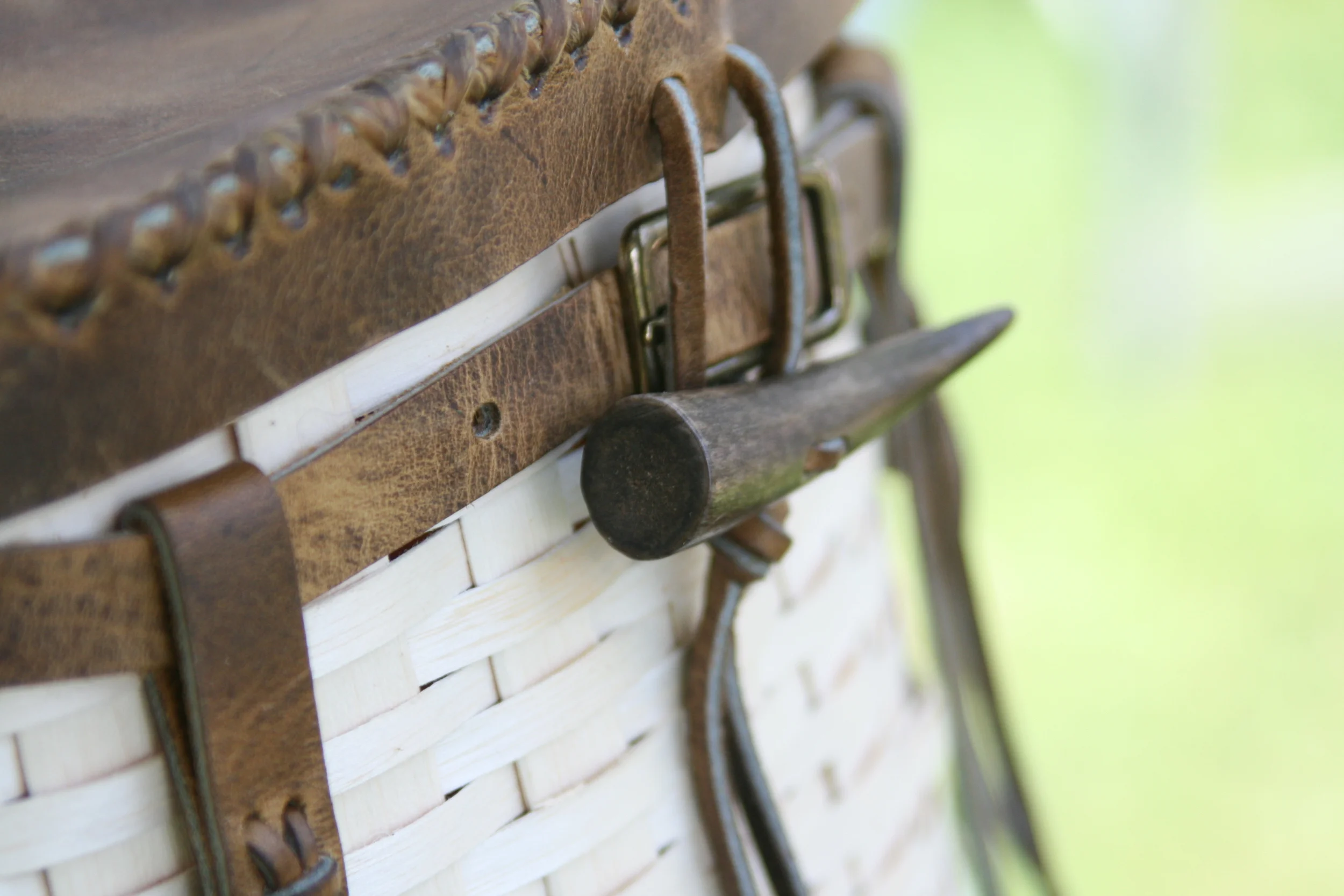Abbe Museum recipient of grant from the MetLife Foundation
/The Smithsonian Community Grant program, funded by MetLife Foundation and administered by the Smithsonian Institution Traveling Exhibition Service (SITES), is used to strengthen the connections between museums nationwide and their communities. The grants allow exhibitors to enhance current program offerings or to create a new program suited to the topic of the SITES exhibition they will be hosting. Grants up to $5,000 are awarded based on criteria that each exhibitor must meet. For more information on Smithsonian Community Grants, visit the SITES website.
"This is an excellent opportunity to encourage our exhibitors to engage their audiences in new and exciting ways," said Anna R. Cohn, SITES director. "We are pleased with this tremendous show of support from MetLife Foundation and we recognize the impact that their support will have for museums and their visitors."
Abbe Museum programming made possible in part by this grant include the panel discussion that took place on June 6 on the topic of blood quantum debates among the Wabanaki tribes and the genealogy workshop that took place on June 22, hosted by the Northeast Harbor public library. Upcoming events include the presentation on July 10 from 6:00 - 8:00 pm by Gabrielle Tayac (Piscataway), curator of IndiVisible and John Dennis, Micmac scholar exploring themes of displacement, adoption and citizenship throughout the histories of African-Native Americans and Acadian/Wabanaki communities. The conversation between the presenters and the audience will look at how the struggles of African-Native Americans relate to the Wabanaki tribes of Maine, and how their stories are much more similar than they may seem. Both African American and Acadian people who moved to the Americas were displaced from their homes after creating new communities here. Faced with new challenges and new realities African American and Acadians had to decide whether or not they wanted to join a foreign community, become adopted into Native American tribes, or move again. The descendants of those who were adopted into Native communities have since struggled to maintain tribal membership and identity. The presenters will share stories from diverse communities, linking the history of New England to the southeast in new and interesting ways.







